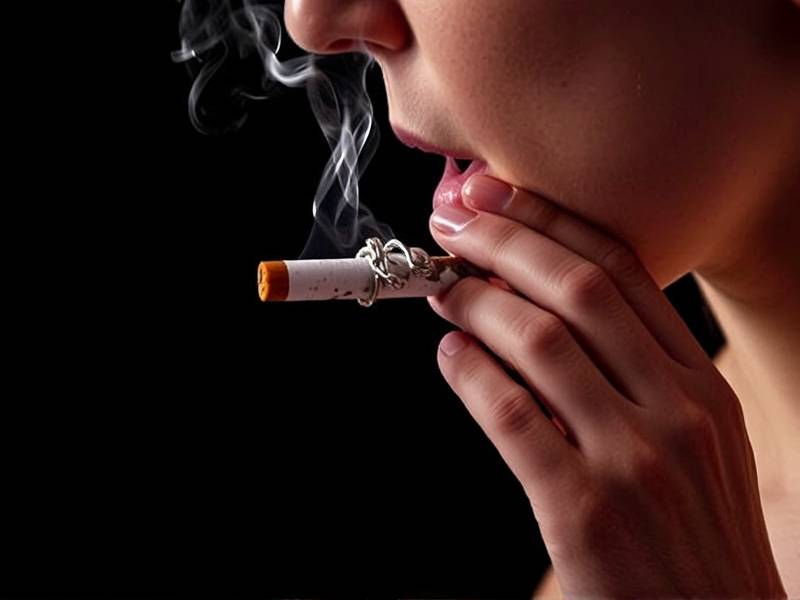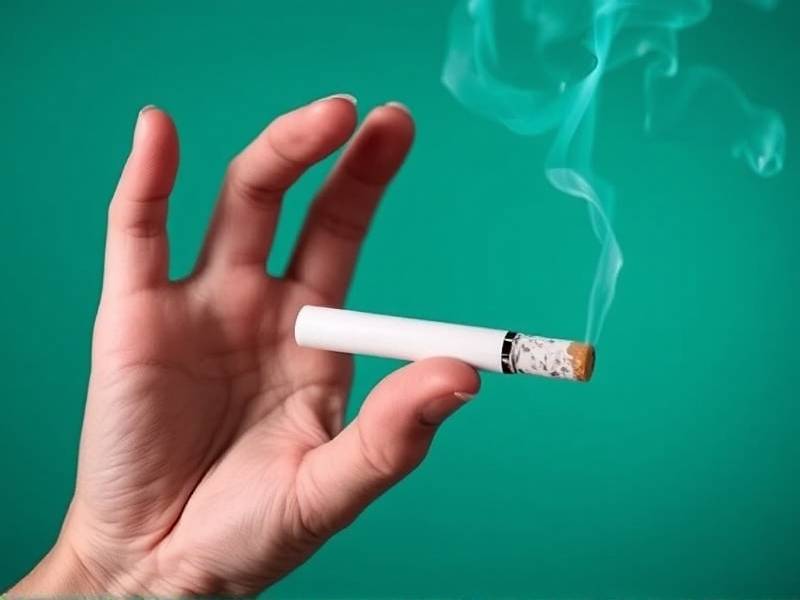How Long Does It Take for Your Body to Heal After You Quit Smoking?
The Journey to Recovery: Understanding the Healing Process After Quitting Smoking

Introduction: Quitting smoking is a significant step towards a healthier life, but it's also a challenging journey. Many smokers wonder how long it takes for their bodies to heal after they quit. In this article, we'll explore the various aspects of recovery and the timeline for healing after quitting smoking.

- Immediate Benefits: Within minutes of quitting smoking, your body begins its healing process. Here are some immediate benefits:
- Carbon monoxide levels drop quickly, allowing your blood to carry more oxygen.
- Your heart rate and blood pressure start to return to normal.
- Your sense of taste and smell begins to improve.
- Short-Term Healing (First Few Weeks): In the first few weeks after quitting, you may experience some withdrawal symptoms. However, this is a crucial period for your body's healing process:
- Cilia in your lungs begin to repair and clear out mucus and debris.
- Your risk of heart disease starts to decrease as blood vessels begin to relax.
- Your immune system strengthens, reducing the risk of infections.
- Medium-Term Healing (First Few Months): After a few months of not smoking, you'll notice more significant improvements in your health:
- The chances of suffering from heart attack or stroke decrease significantly.
- Your lung function continues to improve as your body clears out toxins.
- You may experience weight gain as your metabolism stabilizes.
- Long-Term Healing (Years After Quitting): The benefits of quitting smoking continue to grow over time:
- Your risk of developing cancer decreases as cells regenerate.
- Your heart disease risk continues to decline, approaching that of a non-smoker.
- You'll have a better quality of life with reduced symptoms such as coughing and shortness of breath.
- Tips for Staying on Track: To ensure a smooth recovery process after quitting smoking, consider these tips:
- Seek support from friends, family, or support groups.
- Set realistic goals and celebrate milestones along the way.
- Stay active by incorporating exercise into your daily routine.
- Avoid triggers that may lead you back to smoking.
Conclusion: The healing process after quitting smoking can vary from person to person but generally follows a timeline that includes immediate benefits followed by short-term and long-term improvements in health. By staying committed and taking care of yourself during this journey, you can achieve lasting recovery and enjoy a healthier life free from tobacco-related risks.
